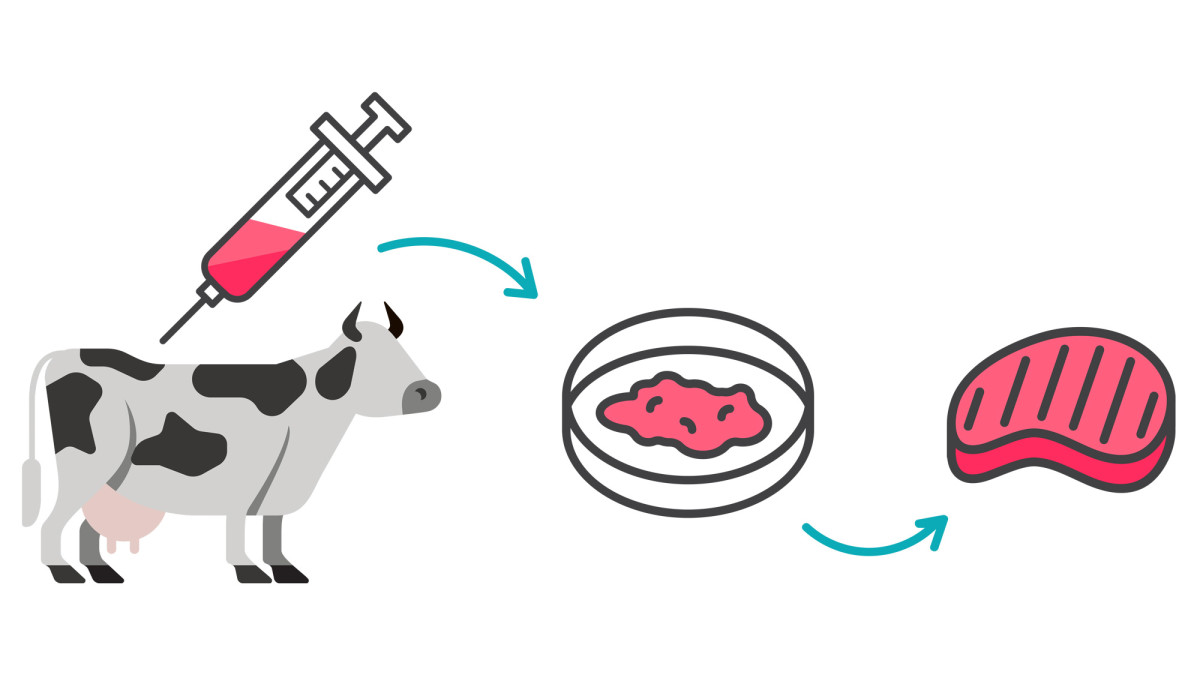The world is facing a major food and water crisis, so the novelty of lab-grown meat provides an enticing and seemingly sustainable solution for North American meat consumption.
In order for lab-grown meats to truly mark a revolution in our North American food systems, more holistic explorations of how these products would interact with consumers and food producers is needed.
While access to nutritionally whole foods is important for our physical health, food is also incredibly important for our mental and cultural health as well.
While food insecurity levels have fluctuated over the years for Americans and Canadians, Black households in Canada are almost twice as likely as white households to have trouble putting food on the table.
So if we want to challenge the unethical food production in factory farms, shouldn’t we also consider the impact these shifts will have on those who rely most on these cheap and accessible foods?
Technology needs to work in support of traditional food production, in tandem with other ways of producing food - regenerative agriculture, plant-based protein production and Indigenous food sovereignty movements.
Using a blend of traditional food production and thoughtfully applied modern technologies will help build more adaptive and resilient food systems.
Read more here.


 The cultivation of lab-grown meat
The cultivation of lab-grown meat